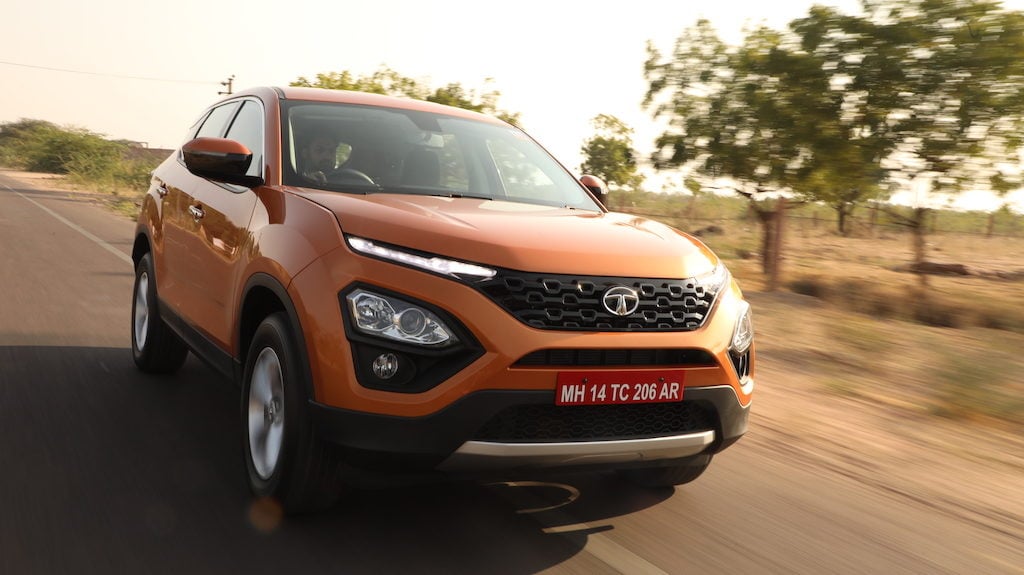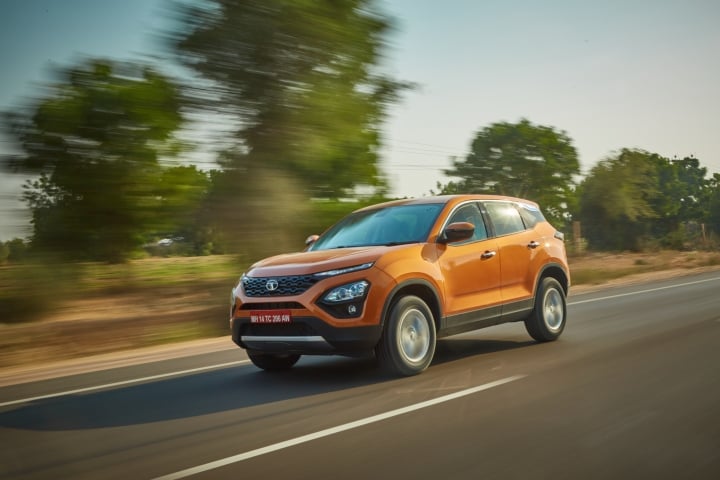A ban on petrol and diesel is not possible anytime soon in the country because of large energy requirements. Meanwhile, alternate fuel sources are also being explored.
Although the EV fever might have caught the Indian market and the government is already offering several incentives for the sale of EVs in the country, the government has no plans to ban petrol and diesel altogether, said Oil Minister, Dharmendra Pradhan on Tuesday. Yes, they surely plan to cut down on oil imports and will also give EVs a greater push to save the environment but petrol/diesel are here to stay some time longer.

“EV is a priority but the incremental requirement of fuel will have to be met through a combination of BSVI grade petrol and diesel, CNG and biofuels alongside EV,” said Pradhan to the reporters on sidelines. More than 80% of India’s energy needs are met by conventional energy sources of coal and oil. The demand for energy only continues to grow as the economy expands and EV technology certainly cannot keep pace with that right now.
Chief Executive Officer of government think tank Niti Aayog, Amitabh Kant, had previously suggested that all two-wheelers of 150 cc or lesser should be replaced by EVs by 2025. Niti Aayog has also proposed that all cars sols in India after 2030 should be electric. The policy think tank believes that such a move to only sell EVs by 2030 in India would expand the scope of the clean fuel technology.
“Is there any government paper that mentions that petrol and diesel vehicles will be banned from a particular date?” Pradhan asked. “India cannot afford to do that. “We will need CNG, PNG (piped natural gas), biofuels and biogas,” he said. The transportation sector is the most demanding sector for oil with a wide base of automobiles including cars, buses and trucks and we will need a combination of fuels to sustain the industry.
Also Read : Upcoming EVs in India in 2020-2021 – And There Are Quite A Few!
The country is going to make a switch to BS-VI grade fuel from April 2020 which is relatively quite clean indeed. The government has also been pushing for increased usage of CNG, particularly in public transport. Even ethanol and non-edible oils are being mixed with petrol and diesel to reduce dependence on the petroleum products. Biogas generated from city and agriculture waste is also being heavily promoted and the new Union bill has proposed several incentives for EVs. So yes, the country is certainly looking at alternate sources of energy but a ban on petrol and diesel is still quite far away.
Also Read : India’s First Hydrogen Car, Hyundai Nexo, Launching In 2021 – Report
Currently, 83% of India’s oil needs are met by imports. Petrol demand is witnessing double-digit growth rate, while diesel demand is rising by 5-6 per cent with an increasing automobile base. The country spent USD 112 billion (Rs 7.83 lakh crore) on importing oil in 2018-19 and a part of this can be cut with a complete switch to EVs, according to the Niti Aayog.


